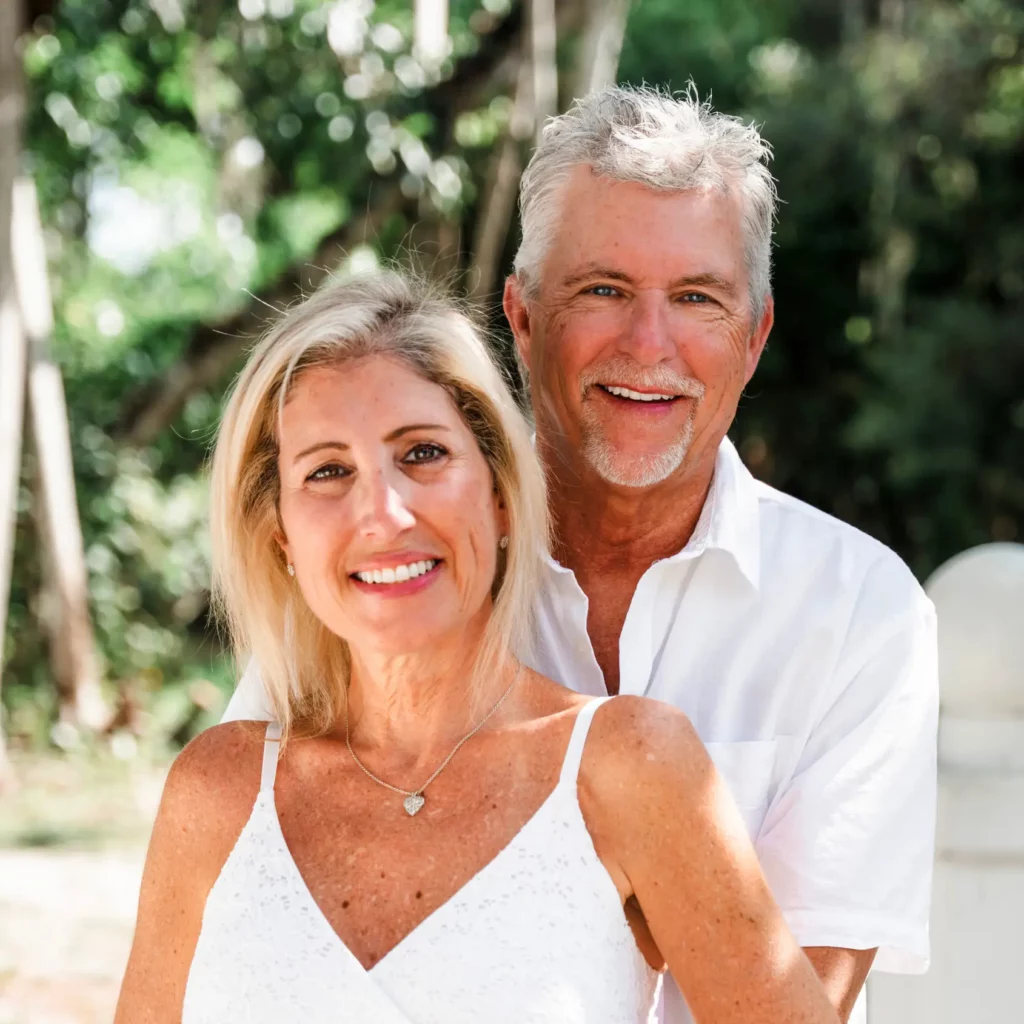Buying a home in Florida is exciting, but the insurance side can feel overwhelming. With hurricanes, flooding, and rising costs, it’s tough to know where to start. This guide will help you understand what you need to protect your home and how to find the right New Homeowners Insurance Florida policy for peace of mind.
Understanding Florida’s Unique Insurance Challenges
Buying a home in Florida comes with amazing benefits—the sunshine, beaches, and year-round warm weather. But it also comes with risks that homeowners need to prepare for. From hurricanes to rising insurance premiums, Florida’s insurance market is unique. Let’s break it down.
Why Florida’s Location Matters for Home Insurance
Florida’s beautiful location comes with some serious challenges for homeowners. Here’s why it matters:
- Hurricane Risk: Florida is hit by more hurricanes than any other state. Between 1851 and 2020, 120 hurricanes have made landfall in Florida. These storms bring high winds, flooding, and massive destruction, making proper coverage a must.
- Flooding Concerns: With over 1,350 miles of coastline and low-lying areas, Florida faces severe flood risks. FEMA estimates that over 20% of flood claims come from properties outside high-risk flood zones.
- High Insurance Costs: Because of its increased risks, Florida has some of the highest insurance premiums in the U.S. The average homeowner in Florida paid around $4,231 in 2023, compared to the national average of $1,428.
Regulatory and Market Conditions
Florida’s homeowner insurance market has its unique quirks. Staying updated can save you from surprises. Here’s what you need to know:
- Frequent Regulation Changes: Florida constantly adjusts its insurance regulations. This sometimes helps lower costs but can also create confusion for homeowners.
- Private Insurers Leaving the Market: Many big insurance companies have reduced their presence in Florida because of the rising costs of storm-related claims. This leaves homeowners with fewer choices, sometimes relying on smaller providers.
- Citizens Property Insurance Corporation: When private insurance isn’t an option, many turn to this state-backed insurer. It’s there to provide coverage when the regular market falls short, though rates may still be high.
Understanding these challenges is crucial for shopping smartly for New Homeowner Insurance Florida policies. By knowing the risks and regulations, you can avoid pitfalls and ensure your home is protected.
Essential Types of Insurance for Florida Homeowners
When buying a home in Florida, having the right insurance policies is essential. Florida’s unique risks mean your standard homeowners policy may not be enough. Here’s a breakdown of what you need to consider to fully protect your home.
Homeowners Insurance
A basic homeowners insurance policy is the foundation of your coverage. It typically includes:
- Dwelling Coverage: Protects the structure of your home, including walls, roof, and floors. For example, if a fire damages your home, this part of the policy covers repair or rebuilding costs.
- Personal Property Coverage: Covers belongings such as furniture, clothing, and appliances. If a covered peril damages or destroys them, you’ll be reimbursed.
- Liability Protection: Helps if someone is injured on your property and you’re found responsible. It can cover medical expenses or legal fees.
But here’s the catch for New Homeowner Insurance Florida policies—standard policies often exclude floods and sometimes limit hurricane coverage. Make sure you understand what’s covered and what’s not.
Windstorm Insurance
Florida is known for its hurricanes, which come with heavy winds. Many standard homeowners insurance policies exclude windstorm protection. You may need to get a separate windstorm insurance policy or add a rider to cover damages caused by strong winds. Important points to note:
- High Deductibles: These policies often have a separate deductible for windstorm-related damage. This is usually a percentage of your home’s value, not a flat fee.
- Why It’s Necessary: Hurricane Ian in 2022 caused $112.9 billion in damages in Florida. Without windstorm insurance, many homeowners would have faced huge out-of-pocket costs.
Flood Insurance
Floods are another major risk in Florida, even if you don’t live near the coast. Most standard homeowners insurance policies do not cover floods. But as a new homeowner, you have options:
- National Flood Insurance Program (NFIP): Offered through FEMA, this government-backed program provides coverage up to $250,000 for the home structure and $100,000 for belongings. It’s great for those in flood zones but can have limits.
- Private Flood Insurance: These policies often come with higher coverage limits and faster payouts. They can also be tailored to better fit your needs.
Did you know? According to FEMA, just one inch of water can cause $25,000 worth of damage to a home. Flood insurance can save you from devastating losses.
Additional Policies to Consider
Depending on your situation, you might want to invest in these extra policies:
- Umbrella Insurance: This provides extra liability coverage beyond your homeowners insurance limits. It’s a smart move if you have significant assets to protect.
- Sinkhole Coverage: Florida is prone to sinkholes due to its limestone foundation. Standard homeowners policies often exclude sinkholes, so adding this coverage can give you peace of mind.
Having the right combination of policies is key when navigating New Homeowner Insurance Florida options. Each one plays a role in protecting your home and finances. Make sure to assess your risks and fill any gaps in coverage.
Tips for Finding the Right Insurance Policy
Choosing the right insurance policy can be overwhelming, especially with so many options. To make it easier, here are practical tips for navigating New Homeowner Insurance Florida policies. Taking these steps will ensure you’re protected and prepared.
Assessing Your Coverage Needs
Start by figuring out exactly what you need. Every home and homeowner is different, so the right policy isn’t one-size-fits-all. Here’s what to consider:
- Rebuild Cost vs. Market Value: Insure your home based on its reconstruction cost, not its market value. Market value includes the land, but your insurance should cover rebuilding in case of a disaster.
- Personal Belongings: Take an inventory of your possessions. List major items like furniture, electronics, and appliances to make sure they’re covered.
- Liability Concerns: If you have a pool, dog, or frequent visitors, higher liability limits might be smart.
Did you know? A 2018 poll found that 59% of homeowners were underinsured for rebuilding costs. Don’t skip this step!
Comparing Providers and Policies
Shopping around is one of the best ways to find affordable and reliable New Homeowner Insurance Florida policies. Here’s how to do it:
- Get Several Quotes: Contact at least three companies to compare prices and coverage. Online tools make it easier, but working with an agent can offer personalized advice.
- Read the Fine Print: Policies can vary a lot. Check for exclusions like flood or windstorm damage, deductibles, and limits on big-ticket items like jewelry.
- Ask Smart Questions:
- What is included in the coverage?
- Are there separate deductibles for hurricane or wind damage?
- How long does the claims process usually take?
- Look Beyond Cost: While price is important, service matters too. Check customer reviews for insights about claims filing, response time, and agent communication.
Discounts and Savings Opportunities
Insurance doesn’t have to break the bank. Florida homeowners have access to many discounts. Here are some common ways to save:
- Bundle Your Policies: Combine home and auto insurance under the same provider. This could save you up to 25%.
- Hurricane Mitigation Credits: Florida law requires insurers to provide discounts for certain upgrades. Installing impact-resistant windows or reinforcing your roof could cut costs significantly.
- Good Credit Benefits: Maintain a strong credit score. Insurers often reward responsible financial habits with lower premiums.
Taking the time to compare options and utilize discounts can save you thousands. With these tips, you’ll be better equipped to find the perfect New Homeowner Insurance Florida policy for your needs and budget. Don’t rush it—your home’s protection is worth the effort!
Local Considerations for Fort Myers, Florida
When you’re exploring New Homeowner Insurance Florida options in Fort Myers, it’s important to look at local risks and resources. Living in this beautiful area means you need to think about specific challenges related to Southwest Florida. Here’s what you should know.
Fort Myers’ Specific Risks
Every area has its unique risks, and Fort Myers is no different. Understanding these can help you buy the right coverage.
- Flooding from the Caloosahatchee River and Gulf: Fort Myers is vulnerable to flooding, both from the river and coastal storm surge. After Hurricane Ian in 2022, much of the area experienced severe water damage. Many flood claims in Florida came from this region.
- Storm Surge Danger: Fort Myers frequently faces storm surge threats. FEMA classifies parts of the city as high-risk, with water levels sometimes rising by 8-15 feet during hurricanes. Without flood insurance, the costs for repairs could be crippling.
- Hurricane Risk: Fort Myers’ location on the Gulf Coast places it in the path of many hurricanes. Hurricane Ian, for example, caused over $112.9 billion in damages, with a large portion of losses in this area.
Knowing these risks highlights the importance of policies like flood and windstorm insurance as part of your New Homeowner Insurance Florida plan.
Working with a Local Insurance Agent
Having a local insurance agent can make all the difference. Here’s why choosing someone who knows Fort Myers matters:
- Strong Understanding of the Area: A local agent knows the specific risks homeowners face here, from flood-prone streets to storm-resistant construction needs.
- Customized Packages: They can help you bundle coverage to reflect the risks specific to your home’s location, especially if you’re in a flood zone.
- Quick Claim Support: When disaster strikes, a nearby agent can provide faster and more personalized assistance compared to larger, less accessible companies.
Local expertise adds a personal touch to something as complex as navigating New Homeowner Insurance Florida policies.
Understanding Community Resources and Guidelines
Fort Myers offers resources to help new homeowners stay safe and make smart insurance decisions. Here are some worth exploring:
- Flood Zone Maps: FEMA’s maps can show your home’s flood risk level. You can also access local versions through city or county offices.
- Wind Mitigation Programs: Local inspectors can assess your home for hurricane resistance and provide reports that may qualify you for discounts.
- Building Code Compliance: Fort Myers follows strict codes for storm-resistant construction. Homes built after 2002 are often better equipped to handle hurricane winds, which may lower your premiums.
Taking advantage of these tools could save you money and ensure you’re fully prepared for the challenges of Southwest Florida living. By understanding Fort Myers’ unique risks and tapping into local expertise, you can feel confident about choosing the right New Homeowner Insurance Florida coverage.
Steps for Staying Protected Over Time
Owning a home in Florida means staying on top of your insurance coverage. Risks can change, and policies need updates to keep your home fully protected. Here are some steps you can take to safeguard your investment long-term.
Regularly Reviewing and Updating Your Policy
Life changes, and so do your insurance needs. Whether you’re renovating, upgrading your home, or adjusting to new risks, it’s important to update your coverage.
- Home Renovations: If you’ve added a pool, extended your home, or made major upgrades, your insurance needs an update. These changes can increase the rebuild cost of your home.
- Annual Policy Reviews: Schedule a yearly review with your insurance agent to ensure your current policy still matches your needs. Discuss any new risks that might emerge, like increased storm activity or inflation affecting rebuild costs.
- Market Conditions: Premiums in Florida can rise quickly due to market changes. Understanding these trends can help you budget and plan for adjustments.
Did you know? Many homeowners forget to update their policies after big renovations. This leads to being underinsured during claims. Don’t make that mistake!
Staying Prepared for Emergencies
Florida’s weather can catch anyone off guard. Keeping your family and home prepared is essential.
- Hurricane Preparedness Plan: Create an evacuation and safety plan for your family. Identify nearby shelters and keep an emergency supply kit with water, food, and essentials.
- Inventory Your Belongings: Take a detailed inventory of your possessions, including photos or videos of valuable items. This makes filing a claim easier and faster.
- Upgrades to Reduce Risk: Install hurricane shutters, upgrade to a stronger roof, or add sump pumps to reduce flooding risk. Many of these changes can also lead to discounts on your New Homeowner Insurance Florida policies.
After Hurricane Irma in 2017, nearly 6 million Florida residents evacuated. Preparedness can save lives and homes during these events.
Filing a Claim When Disaster Strikes
No one wants to think about filing an insurance claim, but knowing what to do makes it less stressful. If damage occurs, follow these steps:
- Document the Damage: Take photos and videos of all affected areas and items. This is critical evidence for your claim.
- Notify Your Insurer Quickly: Most policies have time limits for reporting a claim. Call your insurer as soon as possible to start the process.
- Keep Receipts for Repairs: If you need to make emergency repairs, save receipts. Your policy may reimburse you for temporary fixes like covering broken windows or patching a roof.
- Work with Adjusters: Be available for the insurance adjuster who will inspect the damage. Provide them with your inventory and evidence to expedite the claim.
With these steps, you’ll be better prepared to handle any unexpected events confidently. Staying vigilant will help you maximize the benefits of New Homeowner Insurance Florida coverage while keeping your home and family safe.
Buying a home in Florida comes with unique challenges. From hurricanes to flood risks, having the right insurance is essential. We covered vital policies like windstorm and flood insurance, tips for saving money with discounts, and why working with local experts in Fort Myers makes a difference. Don’t leave your home unprotected. Contact our agency today for personalized advice or to get a quote for New Homeowner Insurance Florida.







